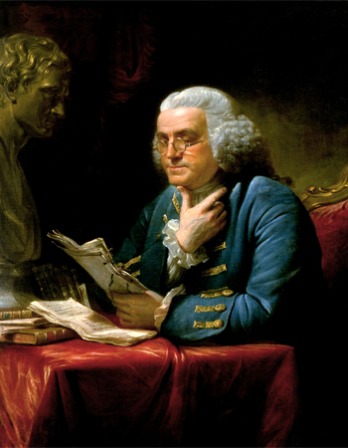Richard, by the grace of God king of England, and duke of Normandy and Aquitaine, and count of Anjou, to all his subjects who are about to go by sea to Jerusalem, greeting.
Know that we, by the common counsel of upright men, have made the laws here given. Whoever slays a man on shipboard shall be bound to the dead man and thrown into the sea. But if he shall slay him on land, he shall be bound to the dead man and buried in the earth. If any one, moreover, shall be convicted through lawful witnesses of having drawn a knife to strike another, or of having struck him so as to draw blood, he shall lose his hand. But if he shall strike him with his fist without drawing blood, he shall be dipped three times in the sea. But if any one shall taunt or insult a comrade or charge him with hatred of God, as many times as he shall have insulted him so many ounces of silver shall he pay. A robber convicted of theft, shall be shorn like a hired fighter, and boiling tar shall be poured over his head, and feathers from a cushion shall be shaken out over his head so that he may be publicly known—and at the first land where the ships put in, he shall be cast on shore. Under my own witness at Chinon.
From his laws concerning crusaders. King of England from 1189 to 1199, Richard the Lionheart spent all but six months of his rule abroad. An inveterate soldier and able tactician, Richard conducted campaigns in France, Sicily, and Cyprus; in the Holy Land during the Third Crusade, he fought against Sultan Saladin. He was said to have carried a copy of Flavius Vegetius Renatus’ De Re Militari with him wherever he went.
Back to Issue





